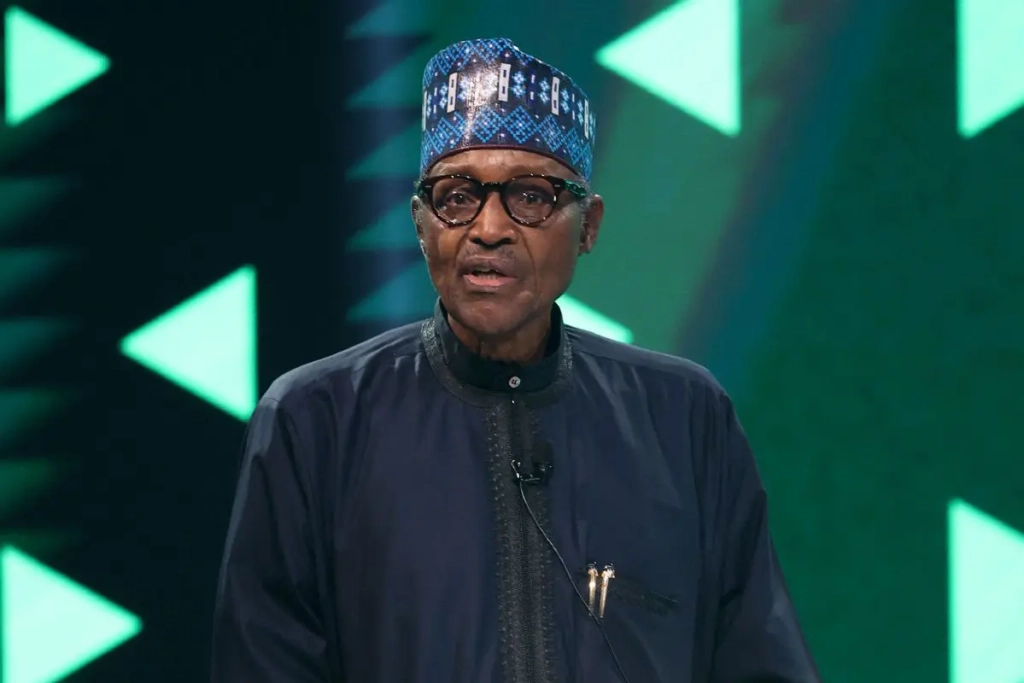The recent passing of Nigeria’s former President Muhammadu Buhari has reignited debates over taxpayer-funded entitlements for ex-leaders and their families, exposing a rift between legal provisions and public sentiment. Under the Remuneration of Former Presidents and Heads of State Act, families of deceased leaders receive substantial lifelong benefits, including annual stipends, free healthcare, education for children, and luxury perks—a system critics argue prioritizes political elites over struggling citizens.
Nigerian law mandates that families of late presidents collect ₦1 million annually (dispersed quarterly as ₦250,000) for spousal upkeep and children’s education until university graduation, provided the spouse does not remarry. Deceased former vice presidents’ families receive ₦750,000 yearly. Living ex-presidents and vice presidents also draw monthly upkeep allowances of ₦350,000 and ₦250,000, respectively. These figures, tied to the salaries of current officeholders, are subject to periodic reviews, though authorities declined to clarify recent adjustments.
Additional lifelong benefits include fully funded international healthcare, annual 30-day vacations abroad, five-bedroom residences, offices, diplomatic passports, security details, and vehicles replaced every four years. The Office of the Secretary to the Government of the Federation confirmed these provisions are operational but withheld specifics about individual recipients.
Public backlash has intensified, with many labeling the packages excessive in a nation where over 40% live in poverty. Social media users highlighted contrasts between these entitlements and the struggles of ordinary citizens. “What are the benefits for families of soldiers killed in service?” asked one commentator, while others dismissed the law as “rubbish” enabling self-enrichment.
Questions also arose about the relevance of such benefits for Buhari’s family, given his advanced age and the likelihood his children are no longer students. Activist Ene Obi, former Country Director of ActionAid Nigeria, criticized the system as emblematic of governance failures: “Why fund overseas treatment for leaders when our hospitals lack basics?” She referenced a scrapped bill to ban state-funded medical tourism, noting current President Bola Tinubu’s own frequent health trips abroad.
Obi further condemned the cost of repatriating Buhari’s remains, alleging misuse of public funds for a “simple” process the late leader might have opposed. Her remarks underscored broader frustrations over Nigeria’s governance costs, which critics argue divert resources from healthcare, education, and poverty alleviation.
As Nigeria grapples with economic crises and inflation exceeding 33%, the debate over leadership entitlements reflects deepening discontent with political priorities. With living ex-presidents still accessing luxuries many citizens deem indefensible, calls grow louder for legislative reforms to redirect funds toward national development—a challenge successive administrations have yet to confront.
